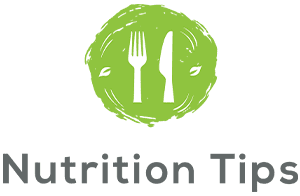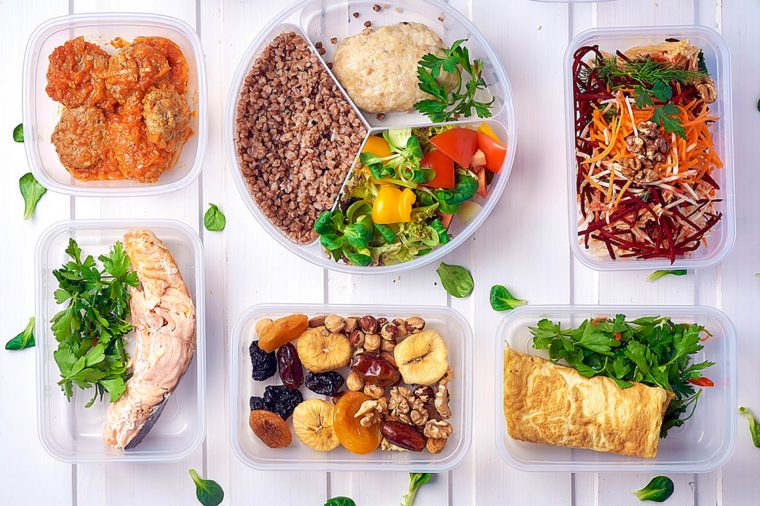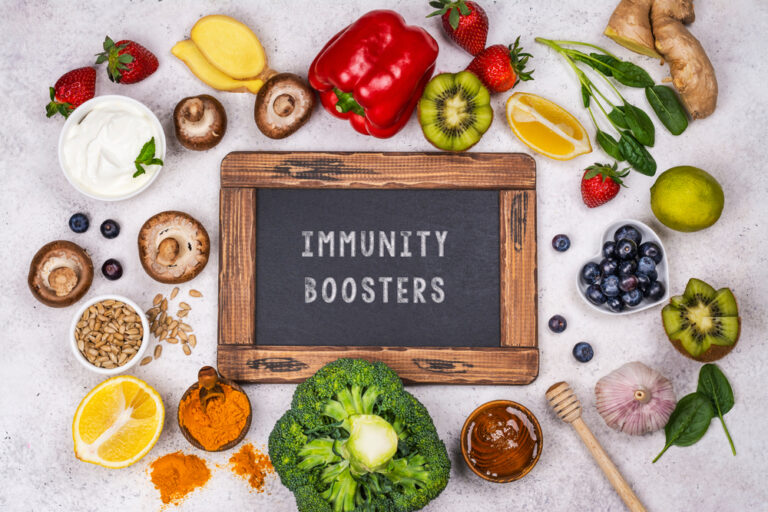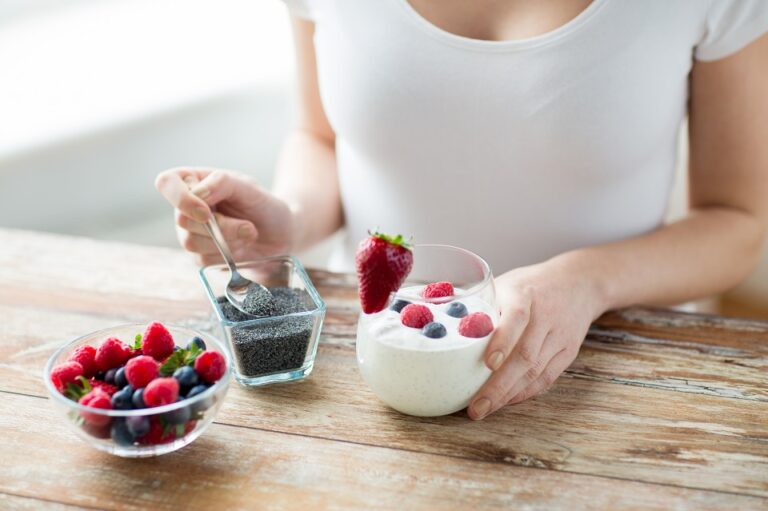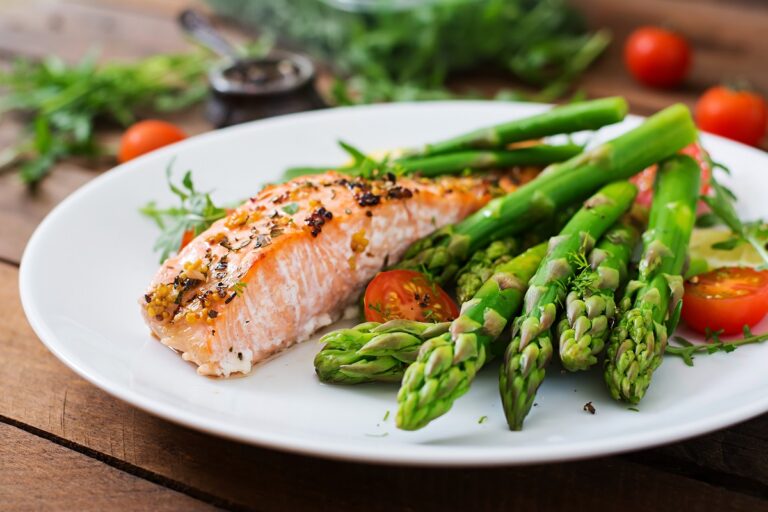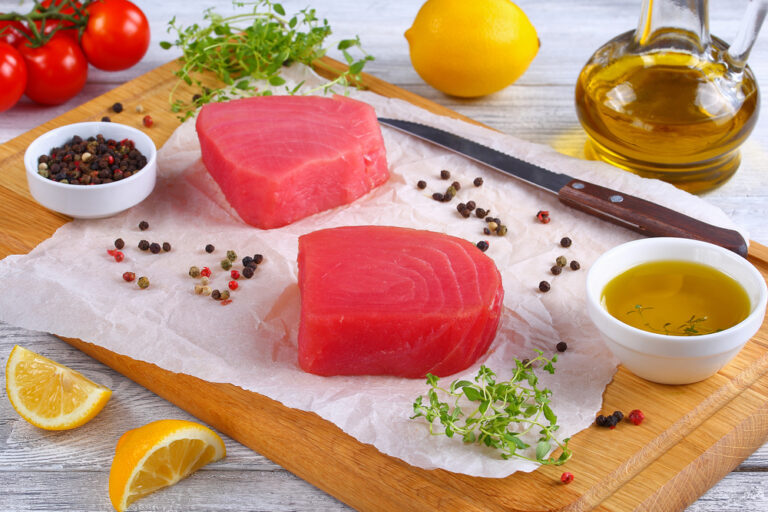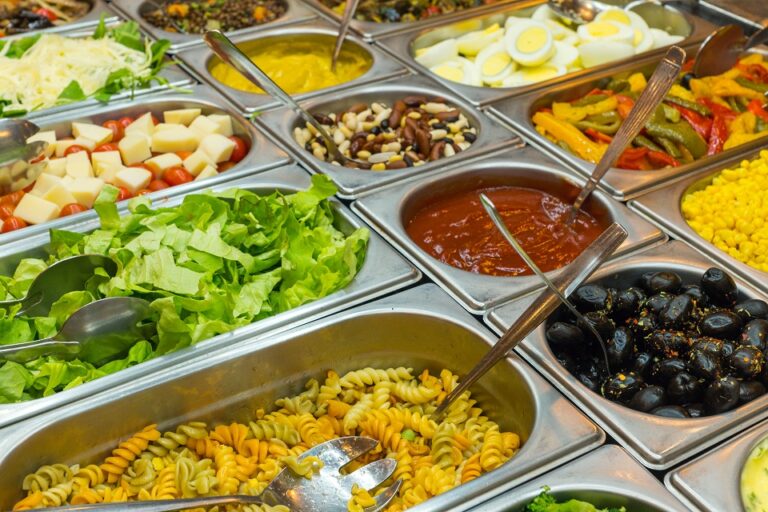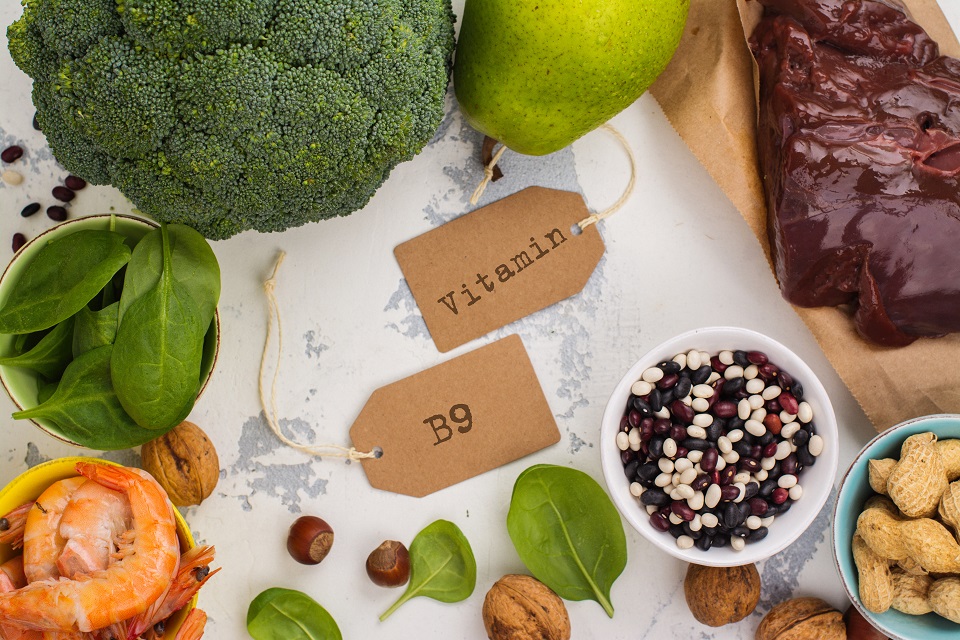
Vitamin B9
Vitamin B9, folate, and folic acid are different names for the same thing. Most people and doctors, too, prefer referring to vitamin B9 with “folate.” So what makes folate so special when compared to other vitamins? Body cells need folate to divide and grow. No folate, no cell growth.
Besides, folate is also responsible for creating nucleic acids, the building blocks of our DNA. Folate is recommended to all pregnant women for the healthy development of their babies. Therefore, a folate deficiency can maximize the risk of brain and spinal cord defects in the fetus.
Those who tend to drink a lot could experience GI problems like diarrhea, which often signals a folate deficiency. Anti-seizure medications could lead to a folate deficiency, too.
You can take folate supplements to rich your daily intake. However, it’s not a good idea to overuse. Taking way too many folic acid supplements can lead to nerve damage, impaired coordination, and even changes in behavior.
Try to get no more than 400 micrograms of folate per day.
Foods High in Vitamin B9
- Kidney beans (1 cup: 131 mcg)
- Asparagus (a half-cup: 134 mcg)
- Eggs (one large egg: 22 mcg)
- Leafy greens (1 cup: 58.2 mcg)
- Beets (1 cup: 148 mcg)
- Oranges (1 orange: 55 mcg)
- Brussels sprouts (a half-cup: 47 mcg)
- Broccoli (1 cup: 57 mcg)
- Walnuts (1 ounce: 28 mcg)
- Beef liver (3 ounces: 212 mcg)
- Papaya (1 cup: 53 mcg)
- Bananas (1 fruit: 23.6 mcg)
- Fortified grains (1 cup: 102 mcg)
Try to incorporate plenty of vitamin B9-rich sources into your diet!

